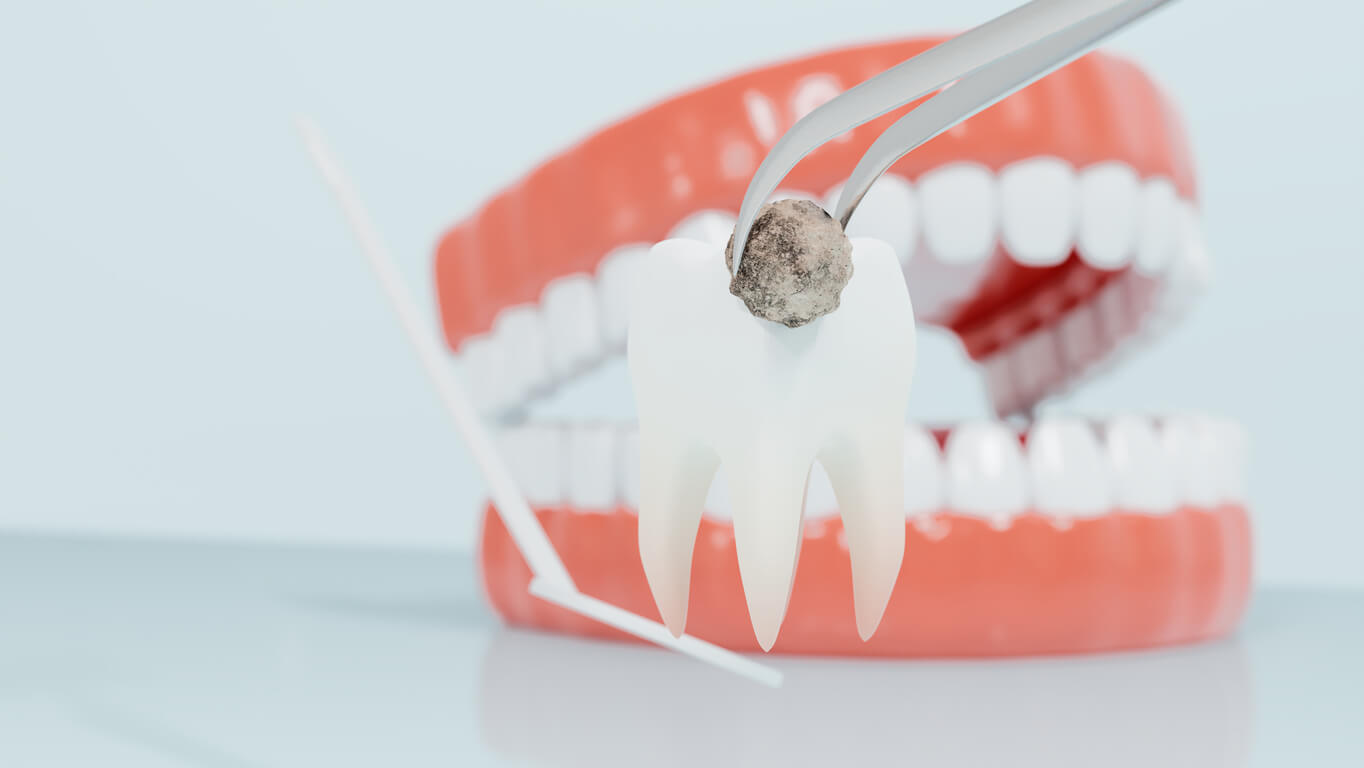Could my sensitive teeth be caused by damaged enamel from brushing too hard?
Everyone knows who Superman is, even if we weren’t around when he made his first appearance in Action Comics in 1938. Since that debut, countless other comics, movies, and TV shows have made us all familiar with “the man of steel”.
Why bring up everyone’s favorite superhero in an article about tooth enamel? It’s that reference to “steel”, which, for the past 80-plus years, has been used as a way of reminding everyone how strong Superman is. You may know that tooth enamel is the strongest or hardest substance in the human body, but did you know that it is stronger than steel?
Tooth enamel is almost entirely (96%) mineral, and the primary mineral in its composition is apatite. The Mohs scale classifies minerals based on their level of hardness, and steel falls just below apatite with regard to hardness.
Having the inner layers of our teeth protected by a substance that is compared to superpowers is a very good thing. That said, as powerful as Superman is, he is not invulnerable, and neither is tooth enamel.
Protecting Tooth Enamel
As strong as it is, tooth enamel can be damaged, leading to pain and hypersensitivity to temperature and pressure. Surprisingly, the brushing that we all know is so important can actually be one of the ways that tooth enamel is damaged. One of those “too much of a good thing” situations. We do want to make sure that we consistently brush our teeth, but we also need to be aware that brushing too vigorously, especially if we use a side to side motion instead of the recommended up and down or 45-degree angle, or using a toothbrush with rigid bristles can wear away the enamel.
Unfortunately, overly enthusiastic brushing is not the only threat to tooth enamel. The good news is that if you are familiar with the behaviors and substances that pose a risk to this all-important protective outer layer of your teeth, you can take the appropriate actions to minimize the risk.
Some of the more common factors that have the potential to compromise the integrity of tooth enamel and lead to tooth sensitivity include:
- Teeth grinding
- Foods that fall on the acidic end of the pH scale, such as citrus fruits, tomato products, and pickles, as well as wine and carbonated beverages
- Whitening agents, including those in toothpaste
- Alcohol, including that found in mouthwash and mouth rinses
- Gum disease
- Plaque buildup will eventually damage the enamel, one of the reasons cleanings are so important
- Dental procedures
- Chips or cracks caused by injuries
- Fillings that have degraded over time or been damaged, allowing decay around the edges
Avoiding damage to the enamel on your teeth is always the preferred option. With good oral hygiene practices and regular dental visits for exams and cleanings, you will go a long way in preventing any of the issues associated with tooth enamel damage.
If you have questions about dental hygiene practices or any of our services, whether dentistry or aesthetics, Cohen Dental Care is dedicated to delivering the highest quality services possible. We offer the latest and most current information and services to our patients with a new state-of-the-art facility in Great Neck and Briarwood.
For more information or to schedule an appointment, you are invited to use our online form by clicking here.


